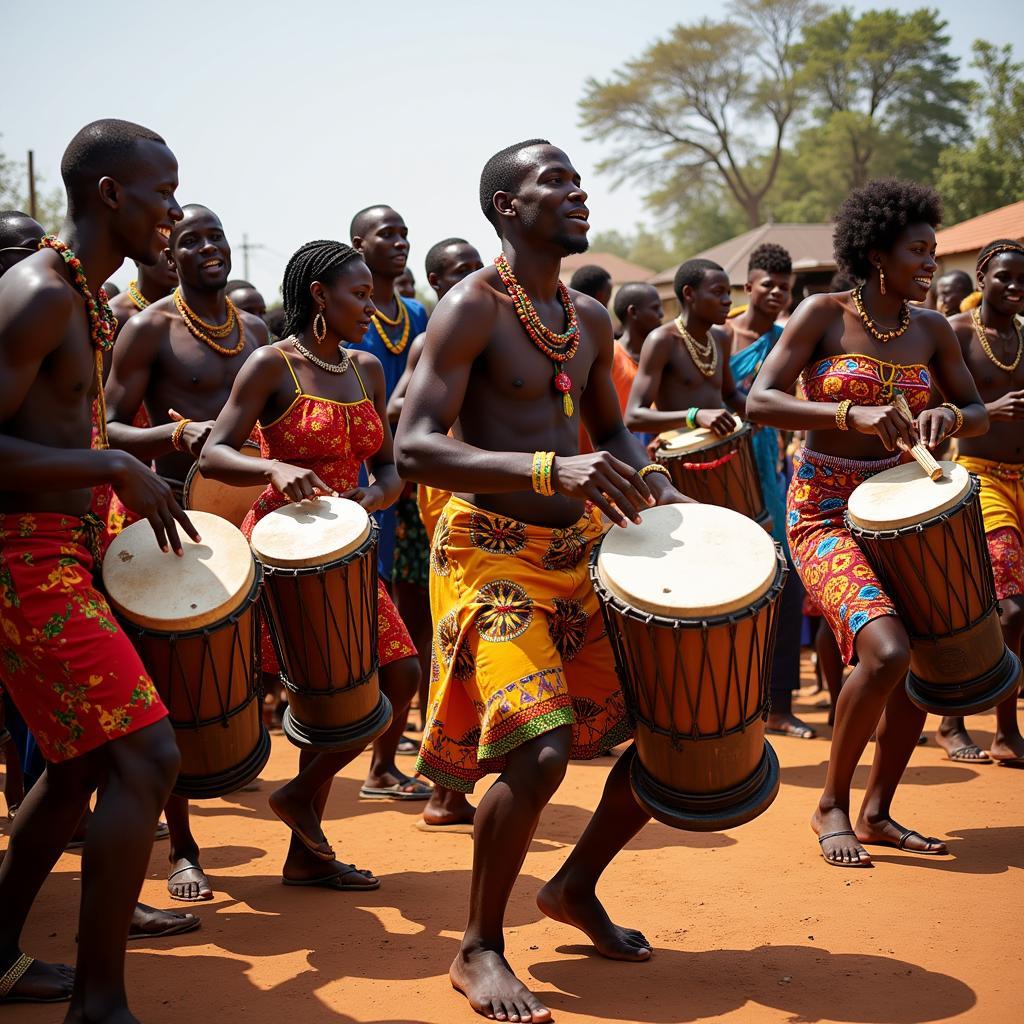African Kings Who Ruled India: Unveiling a Forgotten History
African Kings Who Ruled India? While the notion may seem surprising at first, delving into history reveals intriguing connections between Africa and the Indian subcontinent. While direct rule by African kings over all of India is not historically accurate, there were significant African presences and influences, particularly during the Delhi Sultanate period. This article explores the fascinating stories of these powerful figures, their impact on Indian society, and the complex interplay of cultures that shaped this era.
The African Dynasties of the Delhi Sultanate
The Delhi Sultanate, a prominent Islamic empire in medieval India, saw several dynasties with African roots rise to power. These dynasties, though originating from different parts of Africa, left an indelible mark on Indian history, architecture, and culture. Their reigns were marked by periods of both stability and conflict, shaping the political landscape of the subcontinent for centuries.
The Mamluk Dynasty: Slave Soldiers Turned Sultans
The Mamluk dynasty (1206-1290), meaning “slave soldiers,” was the first of the Delhi Sultanates. These rulers were predominantly of Turkic and Central Asian origin, but also included individuals of African descent. Qutb ud-din Aibak, the founder of the dynasty, was a Mamluk slave of Turkic origin who rose through the ranks to become a powerful general and eventually established the Delhi Sultanate. Subsequent rulers like Iltutmish and Balban further consolidated the empire and laid the foundation for future dynasties.
While not all Mamluks were African, the system did facilitate the rise of individuals from diverse backgrounds, including Africa, to positions of power. This reflects the complex social dynamics of the era and the opportunities that existed for ambitious individuals, regardless of their origins.
The Khalji Dynasty: A Brief but Impactful Reign
The Khalji dynasty (1290-1320) followed the Mamluks. While their reign was comparatively short, the Khaljis, also of Turkic origin, expanded the Sultanate significantly into Southern India. Alauddin Khalji, considered one of the most powerful Khalji rulers, led successful military campaigns and implemented significant administrative reforms.
African Influence on Indian Culture and Society
The presence of African individuals within these dynasties inevitably led to a cultural exchange between Africa and India. While the extent of this influence is still being researched, it’s evident in various aspects of Indian society, from architecture to cuisine.
Architectural Marvels: A Fusion of Styles
The architectural style of the Delhi Sultanate period shows a blend of Islamic and Indian influences. Some scholars argue that certain architectural elements, such as the use of domes and arches, might have been further influenced by African architectural traditions brought by individuals within the Mamluk and subsequent dynasties. Further research is needed to fully understand the extent of this cross-cultural architectural exchange.
Cultural Exchange: A Tapestry of Traditions
Beyond architecture, the presence of Africans in India likely contributed to a broader cultural exchange. While specific examples are difficult to pinpoint due to limited historical documentation, the movement of people and ideas between Africa and India would have undoubtedly resulted in the sharing of traditions, culinary practices, and artistic expression.
Understanding the Nuances of “Rule”
It’s essential to clarify that “African kings who ruled India” doesn’t necessarily imply direct rule over the entire Indian subcontinent by individual African monarchs. The historical context suggests a more nuanced understanding of influence and power within the existing political structures. African individuals, often rising through the ranks of the military or administration, held positions of significant authority and contributed to the shaping of the Delhi Sultanate. Their stories represent an important, albeit often overlooked, chapter in the intertwined history of Africa and India.
Conclusion: A Legacy Yet to be Fully Explored
The story of African kings who ruled India, or more accurately, the influence of African individuals within the Delhi Sultanate, is a fascinating area of historical inquiry. Further research is needed to fully understand the extent of their contributions and the complex cultural exchange that occurred during this period. By acknowledging and exploring these connections, we can gain a richer and more complete understanding of both African and Indian history. African kings who ruled India, in this nuanced context, played a vital role in shaping a crucial era in Indian history.
FAQ
- Were there actual African kings who ruled all of India? Not in the traditional sense. While individuals of African descent held significant power within the Delhi Sultanate, there wasn’t a single African king who ruled all of India.
- Which dynasties had African members? The Mamluk dynasty, in particular, offered opportunities for individuals of diverse backgrounds, including those of African descent, to rise to positions of power.
- How did Africans influence Indian culture? While research is ongoing, potential influences are seen in architecture and possibly other cultural aspects.
- Why is this history often overlooked? The complexity of historical narratives and the focus on traditional power structures often overshadow the contributions of marginalized groups.
- Where can I learn more about this topic? Academic resources specializing in medieval Indian history and African diaspora studies offer more in-depth information.
Common Scenarios and Questions:
-
Scenario: Someone is researching the Mamluk Dynasty and wants to know about the African influence.
-
Question: What role did Africans play in the Mamluk Dynasty in India?
-
Scenario: A student is studying Indian architecture and is curious about cross-cultural influences.
-
Question: Are there any examples of African architectural influences in India?
Related Articles and Further Exploration:
- The History of the Delhi Sultanate
- African Diaspora Studies
- Medieval Indian Architecture
For assistance, please contact us: Phone: +255768904061, Email: [email protected], or visit us at Mbarali DC Mawindi, Kangaga, Tanzania. Our customer service team is available 24/7.



